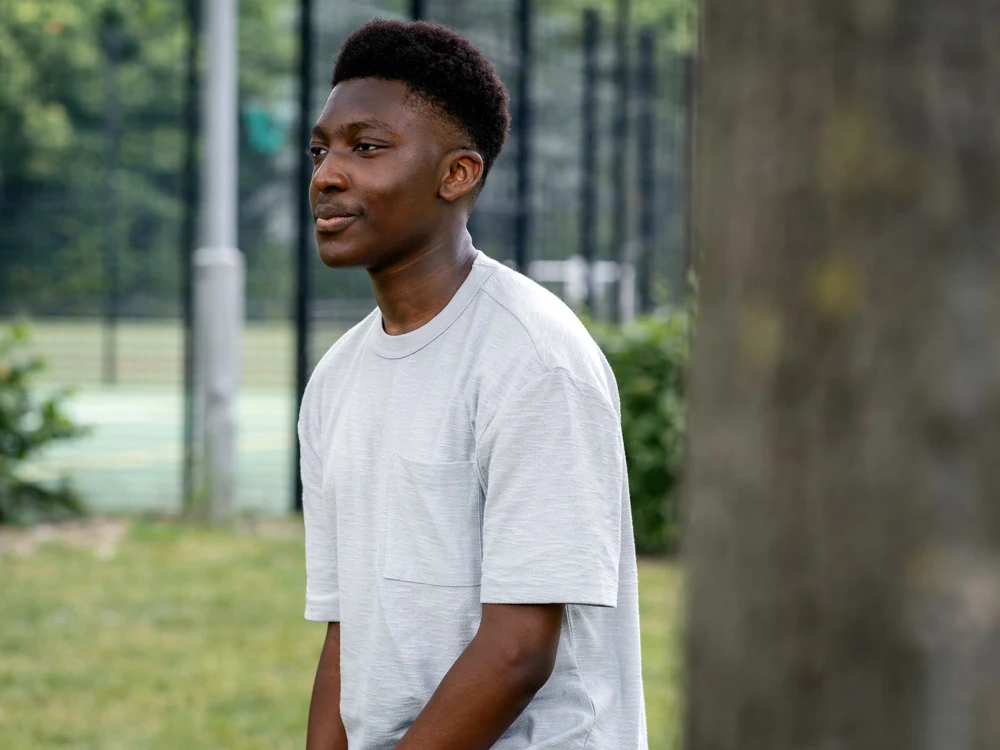As part of our mission to tackle health inequalities, we work directly with underrepresented groups to understand and address the barriers they face and shape our services around what they truly need.
One example of this work comes from London, where stakeholder engagement showed that some children and young people (CYP) from Muslim communities were facing significantly higher barriers to accessing mental health support.
Across multiple boroughs, a consistent theme emerged: stigma and cultural norms around mental health were preventing some young people from seeking help.
Mental health: a private, family matter?
Mental health continues to be viewed by some as a “private family matter”; there is often shame associated with speaking about personal or family issues outside the home. Research shows that Muslim individuals are more likely to turn to family members (21%) or religious leaders (19%) rather than mental health professionals (11%).
One young person who identified as Muslim highlighted issues they faced in seeking support:





